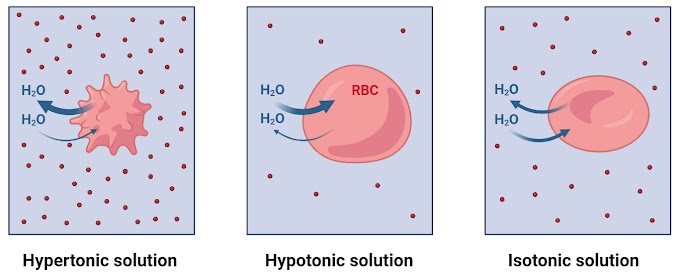Mixture and compound
In chemistry, two terminologies are frequently used i.e., mixture and compound. A mixture is formed when two or more elements or compounds are mixed and retain their chemical properties. On the other hand, a compound is formed as a result of a chemical reaction between two or more elements.

|
Difference between mixture and compound
The difference between mixture and compound are listed below.
|
Differences |
Mixture |
Compound |
|
Definition |
A mixture is formed when two or more elements or compounds are mixed physically without any fixed ratio. |
A compound is a substance that contains two or more elements that are combined by a chemical reaction in a fixed ratio. |
|
New substance property |
The elements and compounds retain their chemical properties. |
Elements lose their chemical properties. The new compound formed has completely different properties than its constituents. |
|
Nature |
Mixtures are impure in nature. |
Compounds are pure in nature. |
|
Separation of parent components |
The parent components of a mixture can be separated by physical methods such as filtration, distillation, evaporation, and crystallization. |
The compounds cannot be separated into their parent components by physical methods. |
|
Composition |
The components of the mixture do not have a fixed composition. |
The components combine in a fixed composition to form a compound. |
|
Types |
Mixtures are of two types. Homogenous (have uniform composition throughout the mixture e.g., air) and heterogeneous (have different throughout the mixture e.g., soil and wood). |
Compounds can be divided into ionic, covalent, and metallic compounds. Ionic compounds are formed by ionic bonding, covalent compounds are formed by covalent bonding and metallic compounds are formed metallic bonding between elements. |
|
Formula |
The components of a mixture are not shown by any chemical formula. |
Chemical formal is used to display constituents of a compound. |
|
Boiling and melting points |
They do not have fixed boiling and melting points. |
Compounds have fixed boiling and melting points. |
|
Examples |
Salt, sand, milk, rock, wood, air, brass, blood, urine, ice cream, petroleum. |
Water, sodium chloride, sulphuric acid, sugar, nitric acid, lime, tin. |
Video lesson
Daily life examples of mixture and compound
Examples of mixture
- The mixture is formed when you combine, 2 tablespoons sugar and 2 tablespoons salt in a glass of water.
- Similarly, if you add sand, rocks, twigs, and stones into a glass jar then it will also be a mixture. In short, the mixture is formed when two or more components are combined and at some point in time, they can be separated from each other with simple physical methods.
Examples of compound
- The common daily life example of a compound is water. Water is a liquid made up of two hydrogens and one oxygen molecule. Everywhere the ratio of hydrogen and oxygen in the water will be the same, which is a property of a compound. You cannot separate water into its components by simple physical methods.
- Another example of a compound is salt. Salt is made up of a 1:1 ratio of sodium and chlorine atoms, which cannot be separated from each other without any chemical reaction.





0 Comments